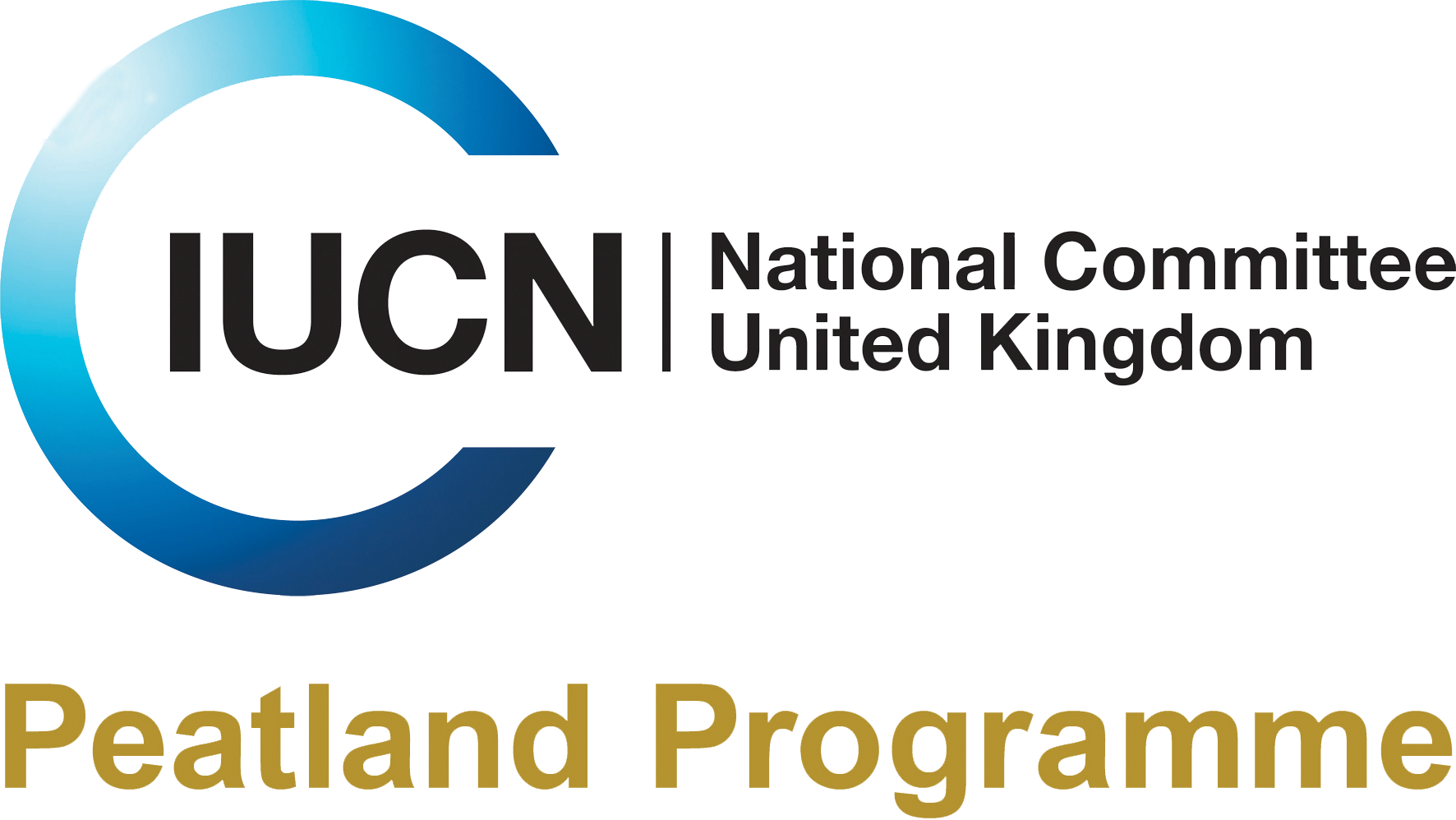Search
Search
Moving towards a future of peat-free products
Advances in the development of peat-free horticultural products, means that the UK could establish its own long-term viable peat-free compost providing sustainable soil conditioners and growing…
Peat-free products - protecting peatlands, climate, gardening, pot-plants & salad
An Innovate UK project demonstrated success using sustainably sourced Sphagnum (from BeadaMoss®), with commercial-scale trials starting this year. Government funding support to further develop new…
B&Q go peat-free
The UK's largest garden retailer has switched its bedding plant production away from peat.
Interested in developing and validating models of peat depth, condition and water table dynamics?
Developing, validating and verifying Peatland Code or other peatland restoration projects can be a challenge! Your help is needed to develop or test peatland tools.
New report shows peat-free opportunity for horticulture industry
The IUCN UK Peatland Programme has published a report showcasing successes in peat-free horticulture - 'Demonstrating Success: Peat-free Horticulture' - the third publication in the…
The Wildlife Trusts unveil Peat-free Gardening Guide
The Wildlife Trusts have unveiled a new handbook to help people go peat-free in their gardens and to recognise the importance of peatlands for nature and climate. Find out more...
Peat-free Horticulture – A reality and an opportunity
After over three decades of calls for an end to the use of peat in horticulture, Defra is consulting on proposals for a ban on the retail sale of peat in England and Wales by 2024.
Mapping the contribution of phototrophic microbes to the global carbon cycle of peatlands
Database of phototrophic microbes in northern peatlands being built by group of peatland scientists to gain new insight into the diversity, abundance, biomass, and productivity of these tiny…
Tracking the Colour of Peatlands: community science project
Dr Scott J. Davidson (University of Plymouth) has developed a community-science driven project to look at how peatlands change colour across the growing season (also known as green leaf phenology…
The pain of a peat-free UK?
30 years ago Plantlife’s then CEO Jane Smart, now IUCN’s Global Director of IUCN’s Biodiversity Conservation Group and Director of IUCN’s Global Species Programme, launched an appeal to protect…
Peat-free growing media - Promoting long-term growth and sustainable business
Peat as a growing medium ingredient is becomingly increasingly unacceptable and this has led in recent years to more and more use of peat-free growing media.
